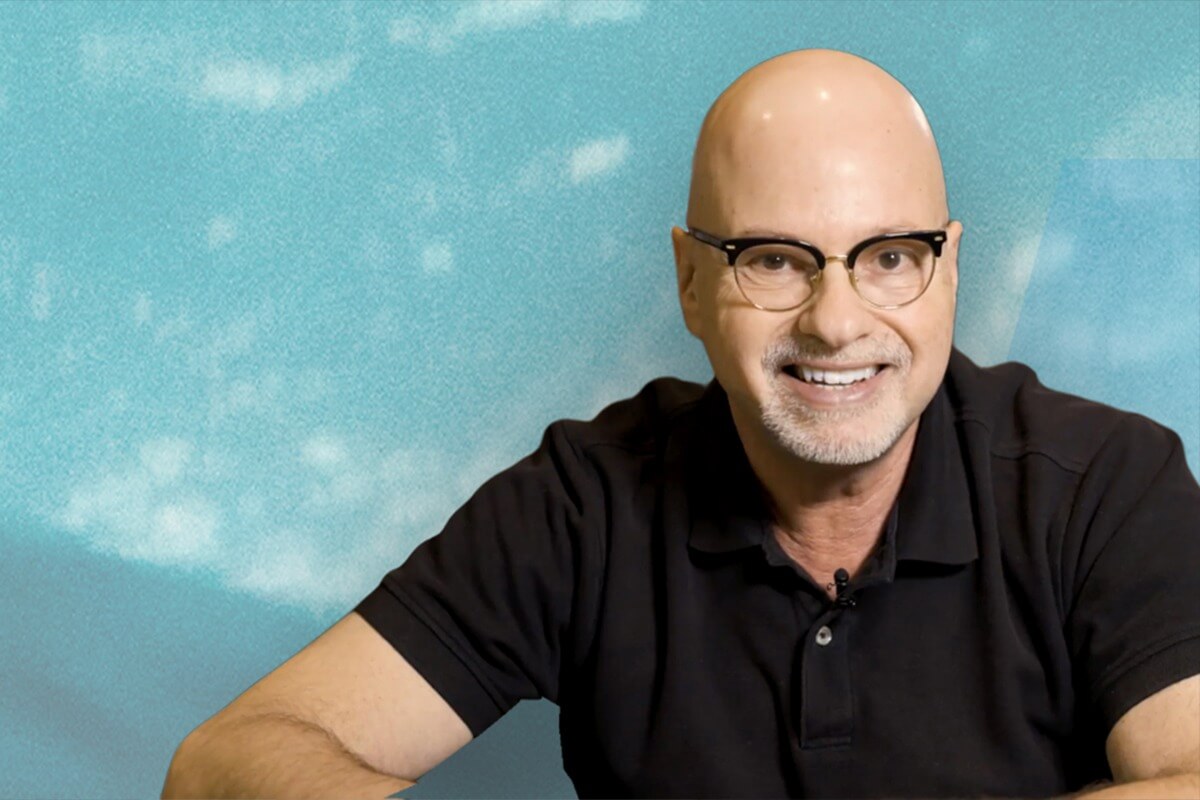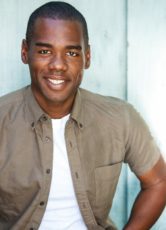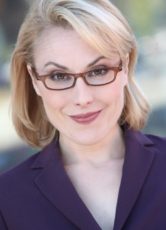
The highly sought-after acting coach Howard Fine is famous for his keen insights and practical approach to the craft of acting. Over the past three decades, the Los Angeles-based instructor has led a bounty of actors to international acclaim, including Austin Butler, Gal Gadot, Salma Hayek, Brad Pitt, Will Smith, Bradley Cooper, Michelle Williams, Kerry Washington, and Diana Ross. Fine founded the Howard Fine Acting Studio and is the author of the book “Fine on Acting: A Vision of the Craft.” His philosophy reflects the teachings of his mentor and close colleague, the legendary Uta Hagen. Here are three of Fine’s tips given at his “Eight Steps” lecture in Melbourne:
Justify the character
Fine points out just how quick people are to judge others, whereas they tend to go easy on themselves. To illustrate this inclination, he explains to his students, “If I were to say to all of you, ‘Turn to the person next to you and tell them everything bad you have done to other people this year,’ I bet you, in about a minute, this room would fall silent. You’d run out of things to say. What if I said, ‘Turn to the person next to you and tell them everything bad others have done to you this past year.’ Five minutes, you’d just be getting going.” He argues the reason for this discrepancy is because we tend to judge ourselves by our intentions, whereas we judge others by their actions.
To relate this phenomenon to acting, Fine says, “So when we are looking at a script, we’re looking at the actions of the character and going, ‘Oh, that’s shocking, that’s terrible! I would never do that.’” Thus, when preparing for a role, the key question to ask is not “What would I do?’ because you’ll likely be adamant you would never do such a thing. Therefore, the more important question to ask is, “What would make me do this?” Fine explains, “You have to find yourself in the character—not judge the character. Justify the character.” He insists, “It takes no talent to judge a character. Anyone can do it, and everybody does … But talent comes in when you justify the character.”
Think in images
Referring to Uta Hagen’s teachings, Fine explains, “We think not in words, but in images … The mind moves much faster than words.” He disagrees with the idea of writing out the subtext of a script “because the mind moves much faster than that. The mind moves in images.” People start with images, thoughts and feelings, and only then are words chosen to express those inner experiences. Fine asserts, “Imagine all of you are going to tell me a story about your own childhood. You have to gather the images to tell the story—not the words. You’ll find the words in a minute. First you’ve got to picture it.”
Since actors are given the written word, Fine teaches his students to consider the images, thoughts, feelings, and desires that inspired those precise words to be uttered. He zeros in on asking “Why—Why did the character feel the need to say these words?” as opposed to questioning, “How—How should I play this role?” When actors understand the why, it significantly informs the how.
Create a character’s backstory
Upon receiving a script, actors must investigate the words provided for clues, but it’s up to the actor to fill in any necessary details. “It’s up to you to fill in the rest—based on the text,” Fine insists. “And this is a big, big point. Based on the text, we invent and imagine the rest. We don’t create a backstory that has nothing to do with what’s in the text.” If there’s no evidence in the script to support an actor’s backstory idea, then let it go. “We have to substantiate the portrait that we see in the text and use the text as our guideline to create a backstory.”
However, Fine cautions actors about writing lengthy, detailed backstories that overwhelm them. “If you have to read a backstory, it is of no use to you,” he asserts. “It has to live inside you. It has to be a story that you are connected to.” Thus, he encourages actors to question, “Who am I?” “When you speak about a role you are playing, speak in the first person. Not: “Who is he or she?” It’s not just about semantics; it’s about finding yourself in the character.” Quoting Hagen, Fine states, “It’s not about losing yourself in a role; it’s about finding yourself in a role.” Do a soul search: What would ever push me to act in such a heinous/vulnerable/aggressive manner?
Fine encourages actors to use their own life experiences to inform their characters’ backstories. “Wherever you can use your own background, do so. So if your character grew up in a small town and so did you, use where you grew up. If your character grew up in a big city and you didn’t, but there’s a city you know well, use where you know. Use as much of yourself every single time.” Indeed, when actors hear the advice to make a strong choice, Fine asserts that a strong choice is one in which the actor feels a genuine connection with the character, creating an air of authenticity.




